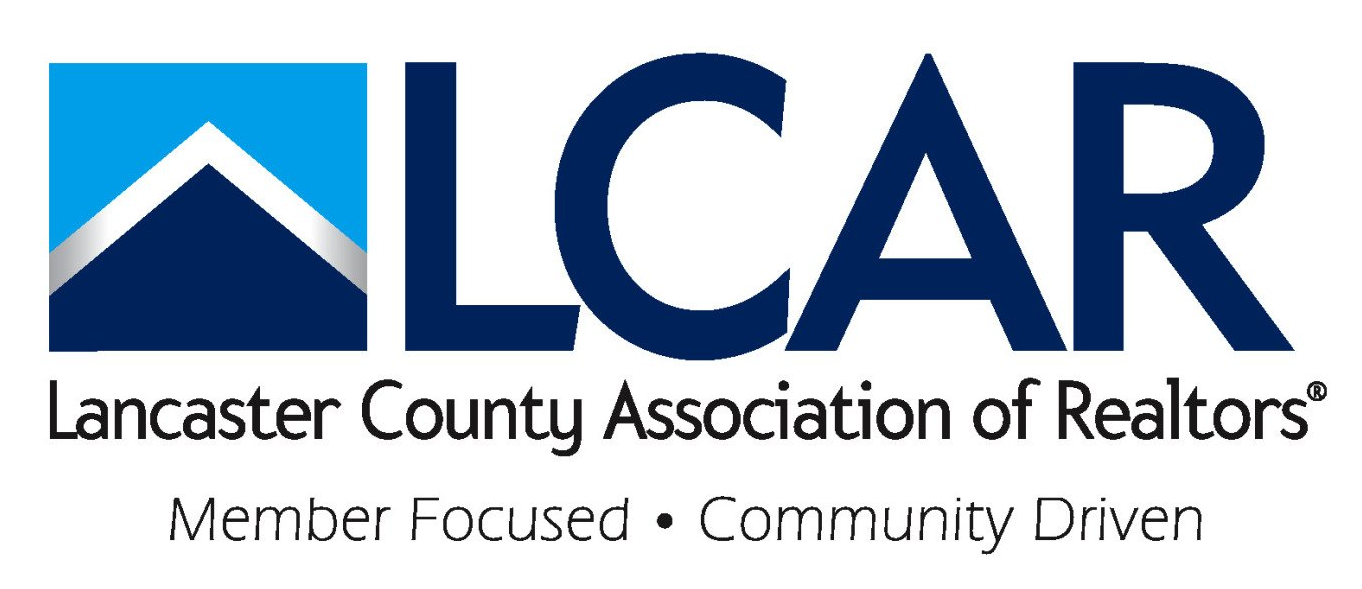Between The Pages: "The 12 Week Year" by Brian P. Moran & Michael Lennington

Friend, right now it is the middle of November, and we are nearing the end of 2024. Goal planning for 2025 is at the forefront of our minds as well as reviewing 2024.
How was your year? Are you on point to meet your goals? How’s your activity level?
There is a lot of outside noise and distractions: changes occurring in the industry, figuring out new best practices, election outcomes, personal struggles and stressors. It’s easy to get sidetracked and forget to actually work your business. The good news is that it is never too late to focus and get your business moving in the right direction!
I recently took the opportunity to reread “The 12 Week Year” by Brian P. Moran and Michael Lennington. In this book, the authors introduce a system designed to help achieve more in less time by shifting from a traditional annual goal-setting to a 12-week timeframe. Focusing on a 12-week year—rather than a 12-month one—helps people achieve greater urgency, clarity, and results in their personal and professional lives. By condensing the annual goal-setting process into a shorter period, the book offers a practical approach to goal execution, productivity, and time management.
Core Concept: The 12-Week Year
The central idea of the book is that traditional annual goal-setting often leads to procrastination, lack of urgency, and diminished performance. How many of us start out strong in January with our new goals and New Year’s Resolutions? With a long 12 months, it can be easy to put off today what can be done tomorrow. A 12-Week-Year eliminates this lag – when one day is equivalent to a week, time is of the essence and a sense of urgency is created.
Key Principles
- Focus on Critical Activities: The authors stress the importance of narrowing your focus to the few activities that will lead to the greatest results. Instead of attempting to work on everything at once, it is encouraged to prioritize key actions that align with your goals and yield the highest return on investment. One of my favorite take-aways is to focus on these activities and the results will follow. The authors show a great system for tracking your activity. If you were a student who enjoyed getting gold stars, this would be a great fit for you.
- Execution and Accountability: Consistent execution is crucial. It is not enough to merely set goals; individuals must follow through with disciplined, daily actions. This execution requires strong accountability. Although we each need to be self-motivated, it is important to surround ourselves with others who will help encourage growth. Be sure to identify a partner or mentor who is willing to help hold you accountable.
- Time Blocking: Time blocking is highly recommended to make sure the identified crucial tasks are completed. Love it or hate it, it is an important factor to time management and continued growth.
- Measurement and Weekly Review: Since every week now equates to a month, it is important to track performance weekly and adjust courses as needed. This allows small issues to be addressed before they become larger problems and reinforces a mindset of continuous improvement
5. Accountability & Ownership: Take ownership of your goals and progress. Stay focused, make adjustments, maintain momentum. Never stop striving for betterment.
Whether you are ready to keep momentum going in 2024 or getting a head start on 2025, it is my hope that this system will be of some help in planning your next 12 weeks. Put the noise aside and focus on the good work that can be accomplished.
Copyright © Between the Pages : The 12 Week Year by Brian P. Moran & Michael Lennington, Melissa Boots, Reality ONE Unlimited Lancaster. 2024. All Rights Reserved.
Facts, opinions and information expressed in the Blog represent the work of the author and are believed to be accurate, but are not guaranteed. The Lancaster County Association of Realtors is not liable for any potential errors, omissions or outdated information. If errors are noted within a post, please notify the Association. Posts represent the author's opinion and are not necessarily the opinion of the Association.












